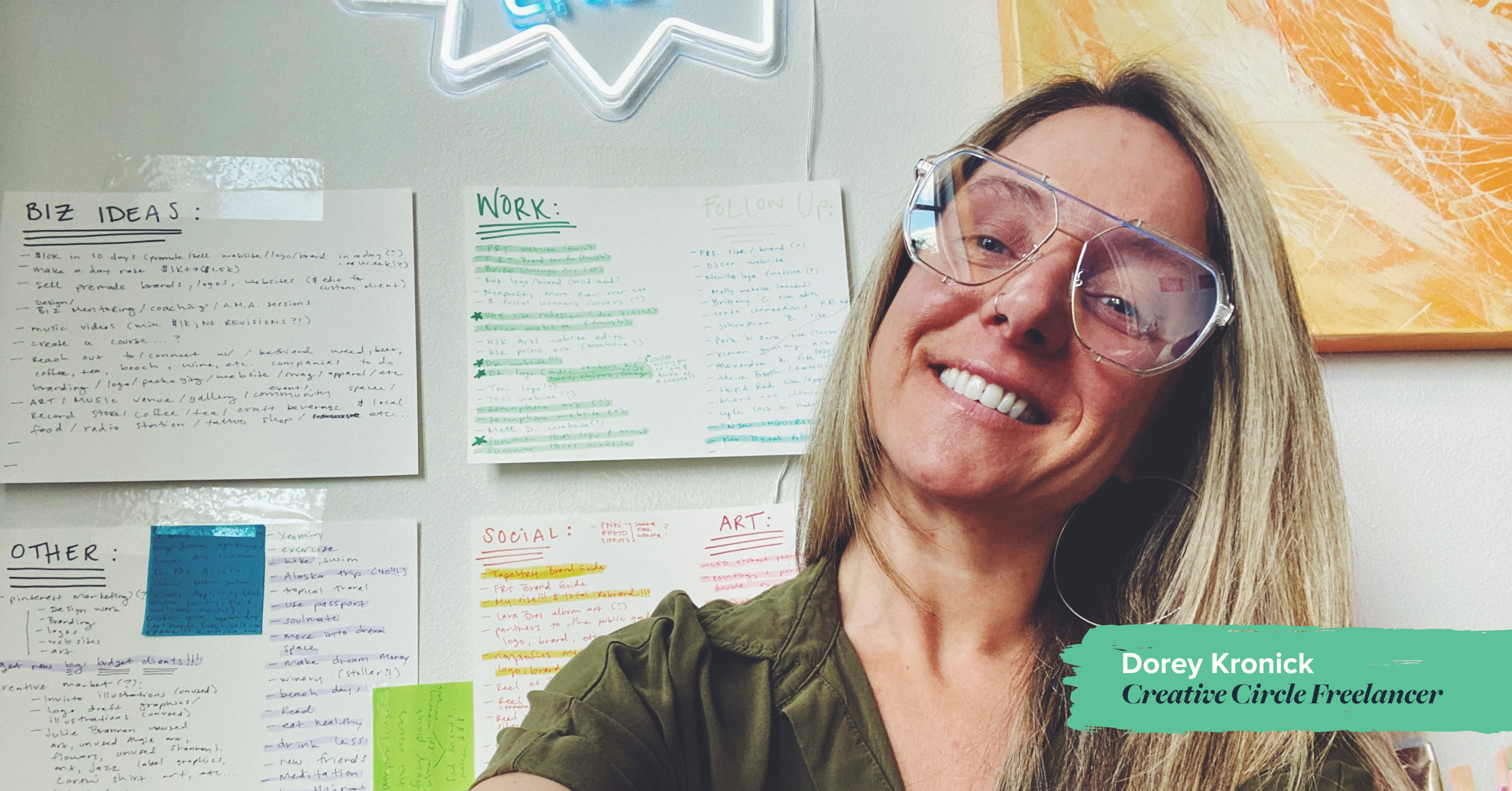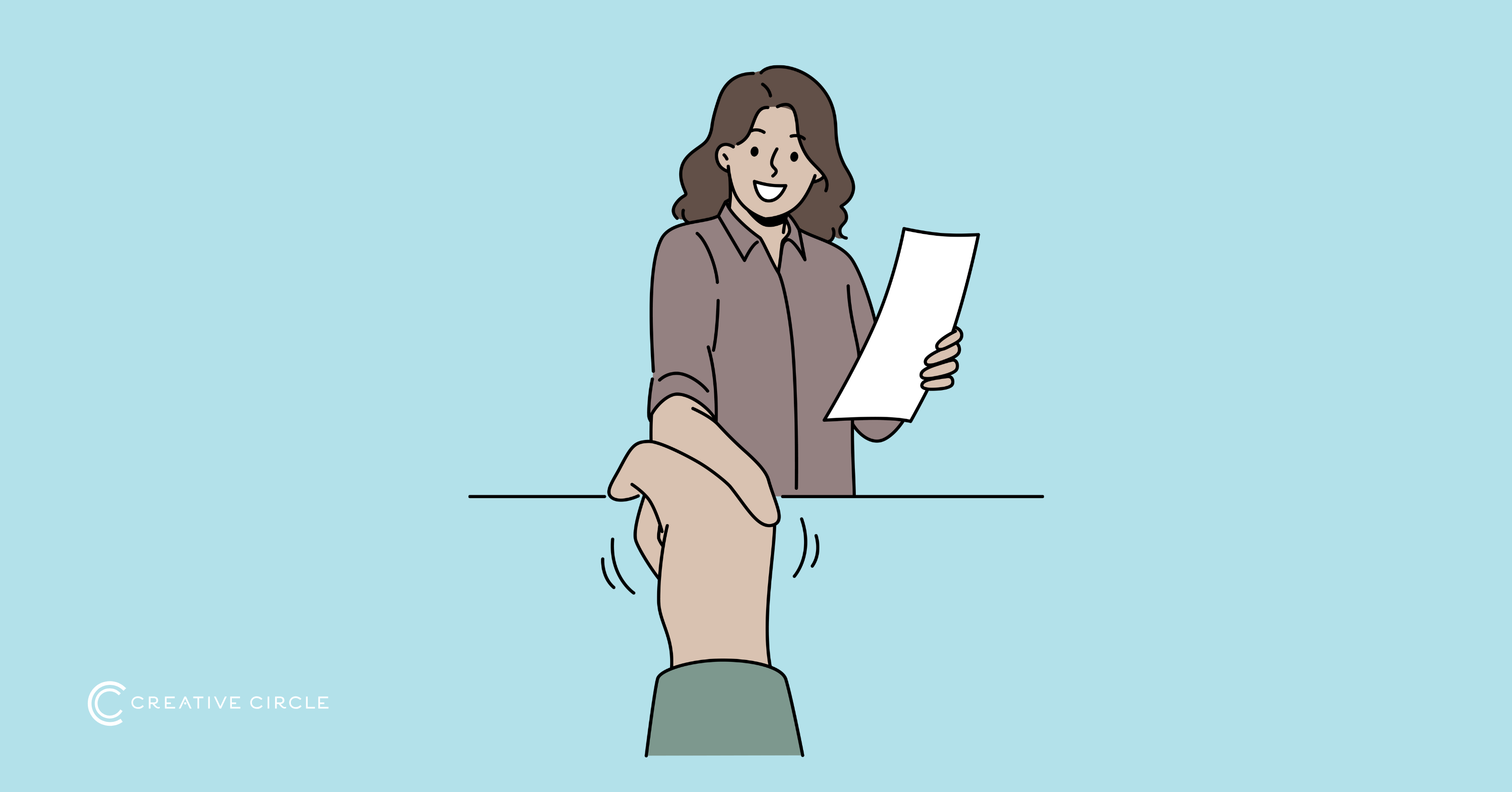Sitting down to write or review your resume is daunting. Believe me, we know. Especially when you’re hoping to make a change in your career and go after a role that’s different than all others you’ve had, it can be an intimidating thing to wrap your head around. Here is one page of blank space…and you’re supposed to fit your career history there, along with the skills you’ve acquired? That’s hard enough. What if what you used to do, isn’t directly related to what you want to do?
We meet candidates looking to change the direction of their careers and it is possible to do. By reassessing the direction you’d like to go in, acknowledging your transferrable skills, and arranging how to best present them to prospective employers and clients, you have the ability to make a change.
Here’s how to approach the goal without losing your head.
1. Breathe
Do you think every high-level director (or even CEO) had in mind the direct path they thought they’d go to get in their position? No, of course not. They got there through a maze of side steps and their GPS redirecting them at different corners. It’s okay to decide to make a change, the key is to be strategic about it (which is where Creative Circle can help). Remember that you probably know more about what you’re doing than you think.
2. Use Your Resources
Thanks to the world wide web, there are so many resources available to people in the job market. It goes far beyond sites that are clearly only for job seekers. If you’re interested in a new role in an area that is something different than what you’re doing now, do your research! Hop on to Google and see where searches take you. Search job descriptions, reviews of roles at specific companies, and even people’s personal descriptions on their LinkedIn profiles. Search until you’ve practically overdosed on informational content. Get to know what it is you’ll be expected to do, what you’ll need to learn, what types of people you’ll be expected to interface with (and what their skills are), and what the current challenges and goings-on of this industry are. Just as it’s important before an interview to get excited about the company you’re meeting with and know as much about them as possible, think of your new industry that way as well (whether or not you have an interview there or not).
3. Read and Apply Your Words
Look at job descriptions of the roles you want to be in and remember that not only does each company write their job descriptions in a specific way, but specific industries have nuanced terms they use when discussing a specialty or role. As Jocelyn, a senior recruiter at Creative Circle NY says, “There can be seven different ways to say the same thing.” Pay attention to the language used, and apply it to your resume and cover letters. Buzzwords can be a great way to catch the eye of the person tasked to pool the most well-matched applications.
4. Remember: Skills are Transferrable
When you’re looking over your resume and your skills, don’t take your skill sets for granted. All skills are transferrable (another great point made by Jocelyn) and you can almost always find a way to apply skills you used in one role to the role you’re applying for or the new direction you’re headed in your career. Use the buzzwords mentioned above to describe your responsibilities at previous positions and in your cover letter, explain how your acquired skills can be applied to your new role.
All in all, when you’re focused on making a change in your career, keep in mind that it is going to be a learning process. Do your best not to get frustrated. Instead, use the resources at your disposal, and remain inspired. Think about how far you’ve come, what you know, and how you can use that to your advantage in this next chapter!
Allison is a former Creative Circle Account Executive, with a background in creative writing, content writing/strategy, publishing, and business development. Her world revolves around words and the relationships and interactions they inspire. Allison is now the Content Specialist at Raizlabs, a design and development firm in Boston and San Francisco.




